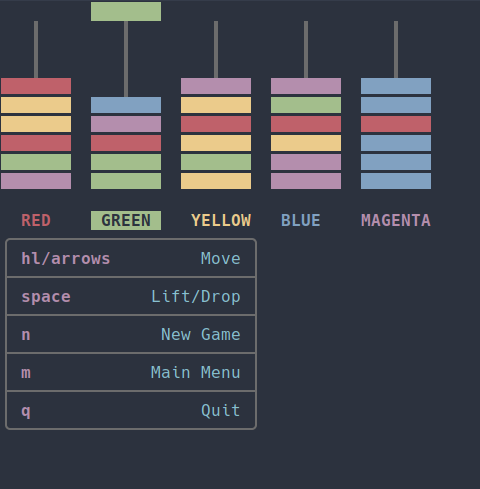this post was submitted on 11 Dec 2024
50 points (98.1% liked)
Open Source
31894 readers
546 users here now
All about open source! Feel free to ask questions, and share news, and interesting stuff!
Useful Links
- Open Source Initiative
- Free Software Foundation
- Electronic Frontier Foundation
- Software Freedom Conservancy
- It's FOSS
- Android FOSS Apps Megathread
Rules
- Posts must be relevant to the open source ideology
- No NSFW content
- No hate speech, bigotry, etc
Related Communities
- !libre_culture@lemmy.ml
- !libre_software@lemmy.ml
- !libre_hardware@lemmy.ml
- !linux@lemmy.ml
- !technology@lemmy.ml
Community icon from opensource.org, but we are not affiliated with them.
founded 5 years ago
MODERATORS
you are viewing a single comment's thread
view the rest of the comments
view the rest of the comments


I do agree in the end it's arbitrary, and you're right there are 2 extremes in strategy, purely analytical and purely reflexive, plus everything in between.
Admittedly without having played this game specifically using both strategies this is purely speculation. But from my experience playing similar games, exactly to your point of the two strategies, if time and moves are weighed equally, I feel like a player using the analytics strategy would end up with a much higher score than a reflex based player at the "same" skill level (however "skill" levels would be pretty hard to quantify and compare by the two strategies).
Hope that makes sense :)
It does. And naturally, the more one practices, they become better at it.
And there is the element of chance: if the randomly generated grid is helpful (e.g. half solved), the easier and quicker it is solved.